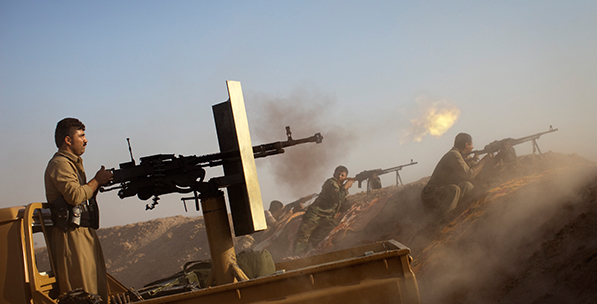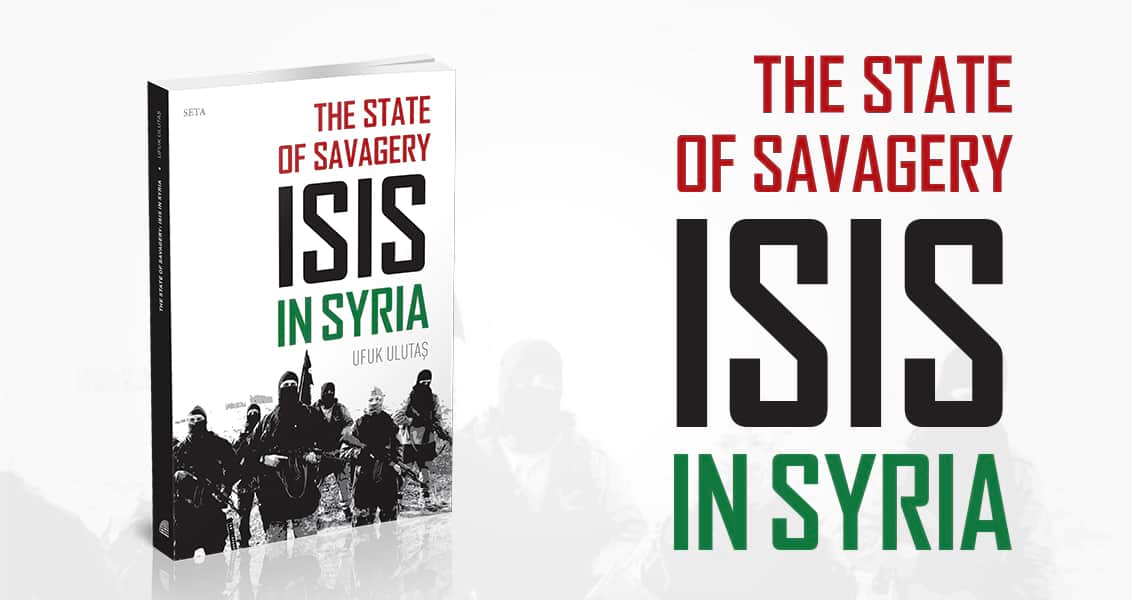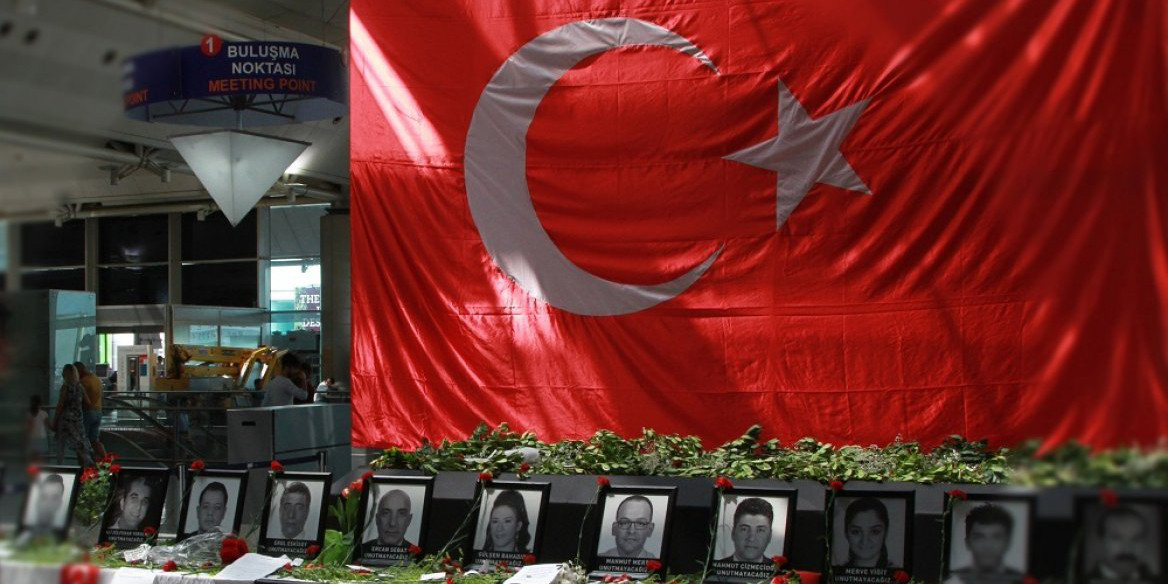Sometimes one comes across a news story that makes one happy and at peace without thinking about it in detail. The freeing of the 49 hostages and them coming back home after a 101-day ordeal with a successful operation was one such story. We are all obligated to thank all of those who were involved in the operation.
The operation showed that Turkey has an "operational depth" in Syria and Iraq. There is a debate whether this rescue will change the stance of Turkey, which is visibly relieved after the freeing of the hostages, toward the coalition formed against the Islamic State of Iraq and al-Sham (ISIS).
As the coalition led by the U.S. was busy with formulating the infrastructure of the fight against ISIS, another news story was released. U.S. National Security Agency (NSA) Director James R. Clapper mentioned another organization that was even more dangerous than ISIS for the security of the U.S. – Khorasan. According to American officials, the organization is formed of militants from the Middle East, North Africa, South Asia and former al-Qaida members.
This story actually shows that the war against ISIS will create more iterations of al-Qaida or ISIS. More dangerous groups bent on revenge.
The U.S. strategy against ISIS is based on counter-terrorism. However, such groups, just like in Yemen or Somalia, have organic ties with the local people. That's why the lack of an integrated political fight against such organizations would most probably lead to fighters from within and outside the region joining new groups.
In a post-ISIS region, it is likely new radical groups claiming to wage jihad bent on shattering the Middle East's religious environment will emerge. Such radicalization in Turkey's neighborhood has become a growing threat.
Assessing the matter through an intelligence or security lens is not enough. This radicalization is creating opportunities for new hardline Islamic thoughts and new ways to declare people heretics to emerge.
The fact that Turkey is being governed by the Justice and Development Party (AK Party) at this stage is an opportunity. This is because the AK Party has the religious legitimacy to combat groups such as ISIS.
The AK Party does not have a secularist background that can be accused by jihadist groups as un-Islamic. It has satisfied public demands on the headscarf and religious education.
This means that at a time when politicians with Islamist backgrounds are governing the country religious sections of society are also being integrated into Turkey's political system. The country is also mobilizing its resources to protect Turkey's redefined national interests. More importantly, the government has succeeded in establishing a democratic environment where Islamic thought that respects diversity can emerge.
We are politically mature enough to allow Islamic groups from within and outside of Turkey to organize in our country. However, such a free environment will also attract radical groups that aim to poison the atmosphere. That's why Turkey needs to formulate a comprehensive policy toward regional Islamic movements. This policy needs to be strong enough to form an obstacle to expansionist Sunni or Shiite movements. We need to create an environment of interaction that will not alter Turkey's way of Islam.
It appears in the next decade we will witness the rivalry of competing understandings of Islamic practice.
[Daily Sabah, 29 September 2014]







